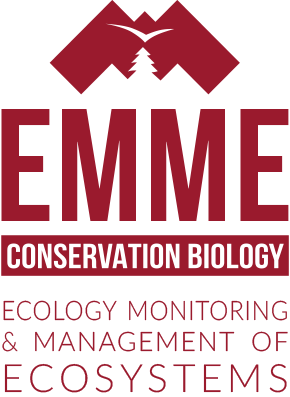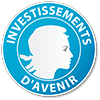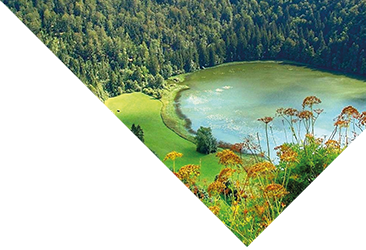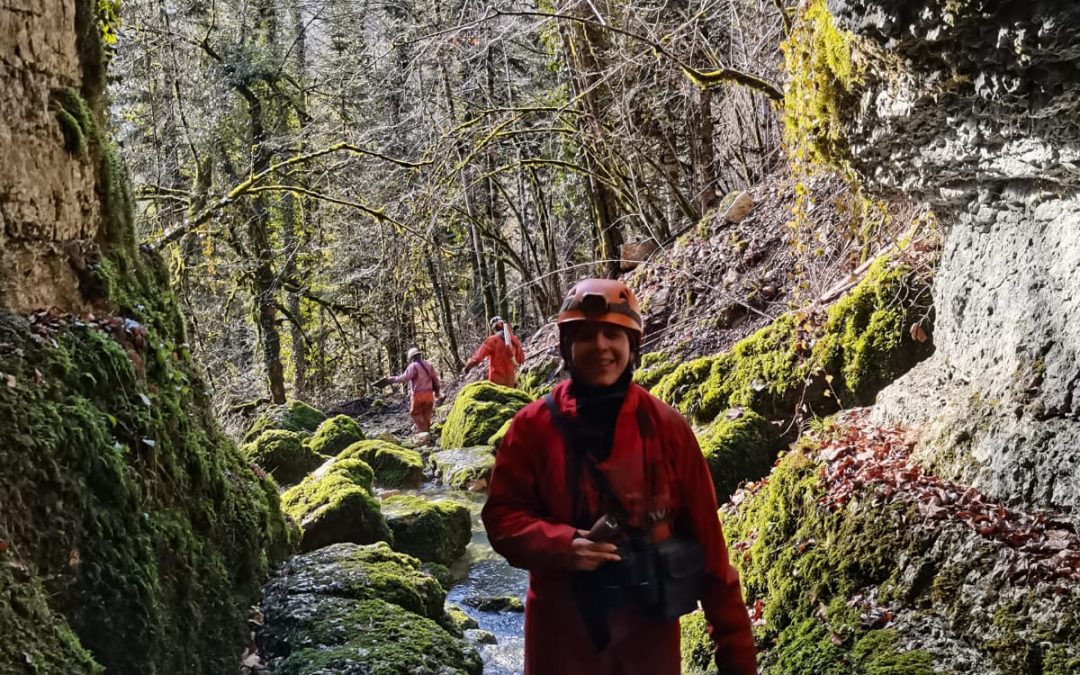Diana Ortiz Perez is a 2021/2022 EMME M1 international student from Mexico.
Interviewer: Why did you choose France?
Diana: I wanted to put myself into a challenging environment, because I believe that when I am in a different place than mine, my mind starts to act more creative to achieve goals, and to overcome challenging situations. I don’t judge or underestimate the educational system in my country, but for science career’s it could be difficult to achieve where you want to be or/and who you want to become, so I decided to enter into a different educational system to gain more skills and to amplify my criteria inside the scientific community. In France, the master offers were more attractive to my interests than in another country (ie, Mexico, Germany, Spain, Italy). Also, because I consider that the country helps a lot their students and it’s known that France receives plenty of foreign students, there must be a reason for that.
Interviewer: Why did you choose this master’s degree?
Diana: Because it fulfills what I want to do in future scientific projects. The content of the courses is very interesting and complement my profile as I want to become a conservationist afterward. Also, because I want to continue this journey of ecosystem management, which in my country, is not rare to find, but it could be very limited in terms of material, access to places, economical resources, etc. I also found pretty good that there is not a lot of places for students to apply, so this make the program more personal, regarding the relationship between the students and the professors.
Interviewer: What is your perception of the first semester?
Diana: I found it very different on how it is in my country and I knew that it would be like this, so that is no surprising to me. Even though, I find it sometimes strong and hard. But I like that a lot of projects are on teams, which is very cool in my perception because it prepares us to work with people you don’t know so much. Also, teachers let us to do in our own, without so many supervisions from their part, which allows us to be more autonomous, and also to improve our self-confidence.
Interviewer: What were your expectations? Did the master’s degree fulfill them?
Diana: I didn’t have very big expectations. To study abroad is already a big goal for me, mainly because I come from Mexico. Again, I don’t underestimate any situation from there, but not so many, after bachelor’s degree (people who did finish), want to do Master or PHD.
Since I arrived in France and started the master program, I have feeling happy and grateful with what I see, do, learn, get to know different places, different ecosystems, etc.
Even though, there is no paradise anywhere, and I also find that sometimes the organization of courses, of project delivery, even exam dates are not very clear. As I arrived to France, I was expecting for more accuracy on how was the organization, but as I said before… there is no paradise, and that is ok.
Interviewer: Do you handle bread and cheese? French administration?
Diana: I don’t eat cheese, and in my opinion the French cheese smells really bad (sorry for the French readers). But I find pretty awesome the cheese diversity they have. They have like more than 1000 types of cheese, and I think the number increase when the seasonal ones are included in the list. It is like a cheese religion jajaja. I love the bread, everywhere is very good (texture, flavor). Even though, I find incredible how they can eat bread for the three meals of the day! I cannot do that for sure.
Maybe this could sound like a “cliché” but for the French administration, now I understand why French people complain a lot and why they are very critical.
Interviewer: Could you tell us about your best experience so far in France?
Diana: I just can’t say one best experience. I had a lot of good ones and I love knowing different places, beautiful landscapes, and to have great laughs. For me, the best is always the people in these good moments. I love to meet different persons from all over the world, who show passion like me. So far, I think I have knitted very good connections with French, English, Colombian, Belgium, Chilean, and even Mexican people here! The people from M1 and M2 are very cool and very helpful with each other, that is really team work. I believe that together we grow more, with help everything is possible.
I also love being a volunteer in CPEPESC ( Commission for the protection of water, heritage, the environment, subsoil and chiroptera) which allows me to familiarize myself with bat species in France and their ecosystems (because I LOVE BATS!)
Interviewer: Could you talk about the differences between French faculties and Mexican ones?
Diana: I find pointless to compare faculties from Mexico and France. I mean, we are talking about first and third world. What I can say is that the educational system is very different, and the requirements for being a biologist/ecologist too. Being a biologist in Mexico is not the same as being a biologist in France.
But there is a difference that I like a lot from France, and it’s about how people get to know more about their diversity (flora and fauna) in their natural areas and their ecosystems. The information is more accessible for people. In Mexico there is still a lot of work to do (diffusion of information) to get the people, from all kind of public, to know about their richness in their ecosystems. Also, because is more diverse in comparison to France, but mainly because the education and information is not accessible and versatile to everyone.
Interviewer: What is your favorite place in France? In Besancon?
Diana: Inside Besançon, I like a lot the center and its ambience. I like small villages near the city and around the Doubs river. I was pretty lucky because once I got the opportunity to camp near the Doubs and see a beautiful “ Martin pecheur ” (kingfisher), a blue bird who seems like a blue arrow just above the water of the river when it flies to hunt fishes, so pretty. It reminds me of the bird colors you can find in Mexico.
Near Besançon there is the Jura mountains and very nice caves around. Also, nice spots to go to climb. I will love to get deeper in these mountains. But also, I love with my heart the Vosges. I find them wild and green and beautiful. In my opinion it also seems a very enigmatic place.
Interviewer: What is your opinion about French food?
Diana: A difference I can see from Mexican traditional food and French traditional food, is that in Mexico you can find tacos and very good traditional food easily and not expensive, and here to eat traditional food can be very expensive and in very fancy restaurants. I don’t know if this is always the case, I am just talking about my experience. Something that I appreciate a lot is that here you can find a lot of vegetarian and vegan options (as I am vegetarian), which is not very developed in Mexico yet. I have tried some French food that I liked (raclette, vegetable soups or creams, ratatouille!).
Interviewer: Are there any French things driving you crazy?
Diana: Something I don’t like from Besançon is that the bus routes inside the city are very long, and it could be better to walk instead (better to have a bike jaja).
And, so far, the administration… I just ask myself why they like to make their lives so complicated. Not so long ago, I got torticollis and I wanted to go to a physiotherapist (which here is more like a physiotherapist, or the osteopath), but I can’t easily go to their office because it could cost me very expensive without a letter from the generalist doctor. But to find an appointment for the generalist doctor is hard!






